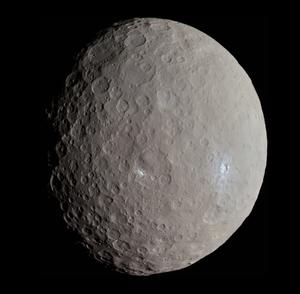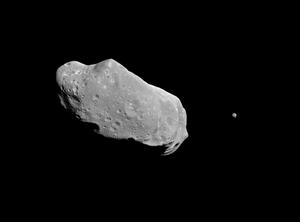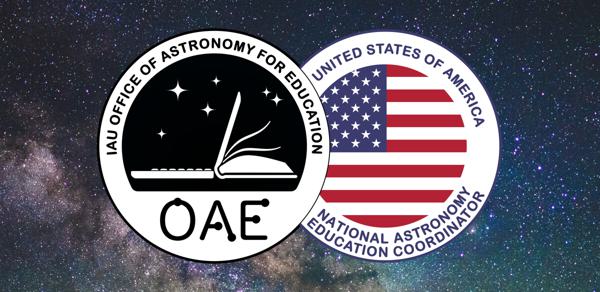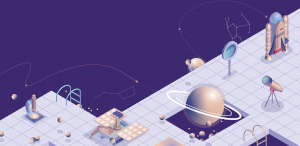Glossary term: क्षुद्रग्रह घेरा (ऐस्टरौएड बेल्ट)
Description: क्षुद्रग्रह बेल्ट मंगल और बृहस्पति ग्रहों के बीच का क्षेत्र है; इस क्षेत्र में बौना ग्रह सेरेस और बड़ी संख्या में छोटे क्षुद्रग्रह हैं जिनमें मुख्य रूप से चट्टानें और कुछ खनिज शामिल हैं। क्षुद्रग्रह बेल्ट को मुख्य क्षुद्रग्रह बेल्ट के रूप में वर्णित किया गया है ताकि इसे सौर मंडल में पाई जाने वाली अन्य छोटी वस्तुओं, अर्थात् पृथ्वी के निकट की वस्तुओं और ट्रोजन क्लस्टर से अलग किया जा सके।
Related Terms:
See this term in other languages
Term and definition status: The original definition of this term in English have been approved by a research astronomer and a teacher The translation of this term and its definition is still awaiting approval
The OAE Multilingual Glossary is a project of the IAU Office of Astronomy for Education (OAE) in collaboration with the IAU Office of Astronomy Outreach (OAO). The terms and definitions were chosen, written and reviewed by a collective effort from the OAE, the OAE Centers and Nodes, the OAE National Astronomy Education Coordinators (NAECs) and other volunteers. You can find a full list of credits here. All glossary terms and their definitions are released under a Creative Commons CC BY-4.0 license and should be credited to "IAU OAE".
If you notice a factual or translation error in this glossary term or definition then please get in touch.
Related Media
Ceres
Credit: NASA / JPL-Caltech / UCLA / MPS / DLR / IDA / Justin Cowart
License: CC-BY-2.0 Creative Commons Attribution 2.0 Generic icons
Ida and Dactyl
Credit: NASA/JPL credit link
License: PD Public Domain icons










